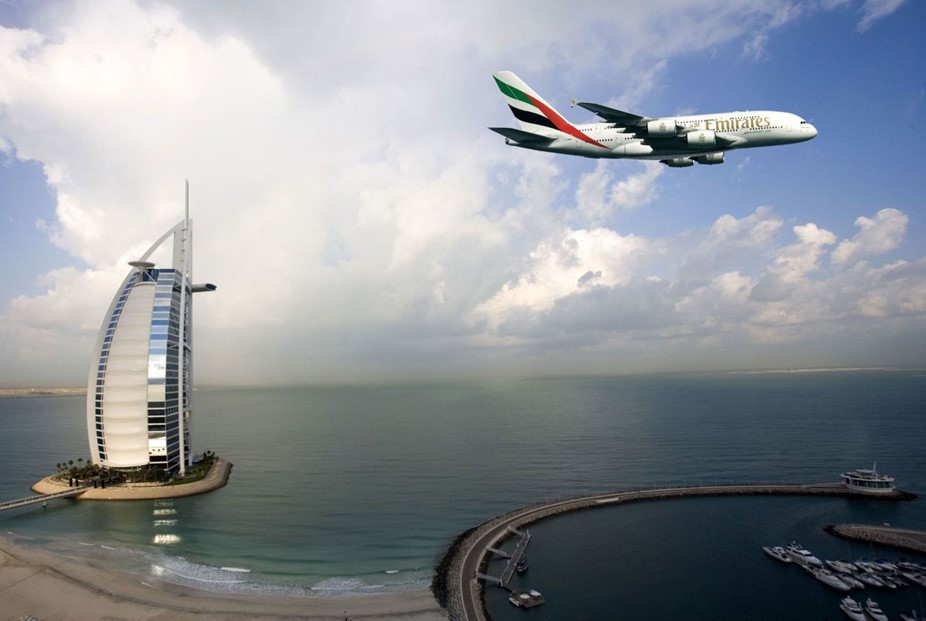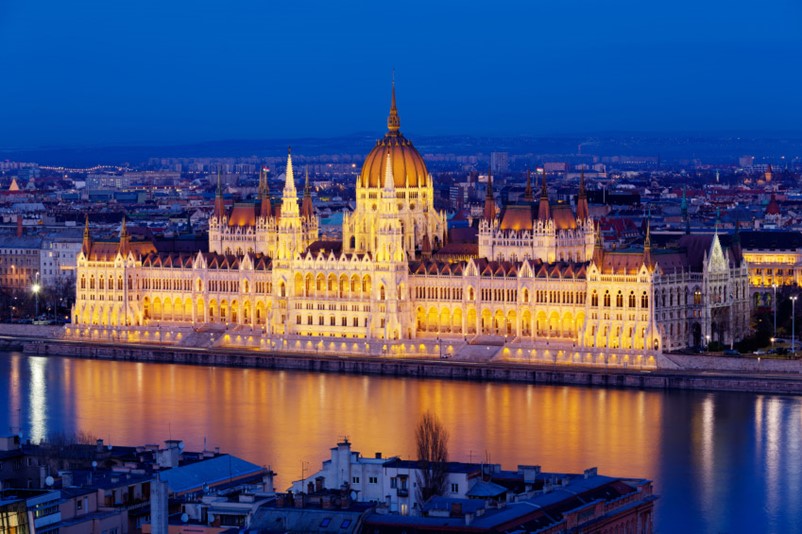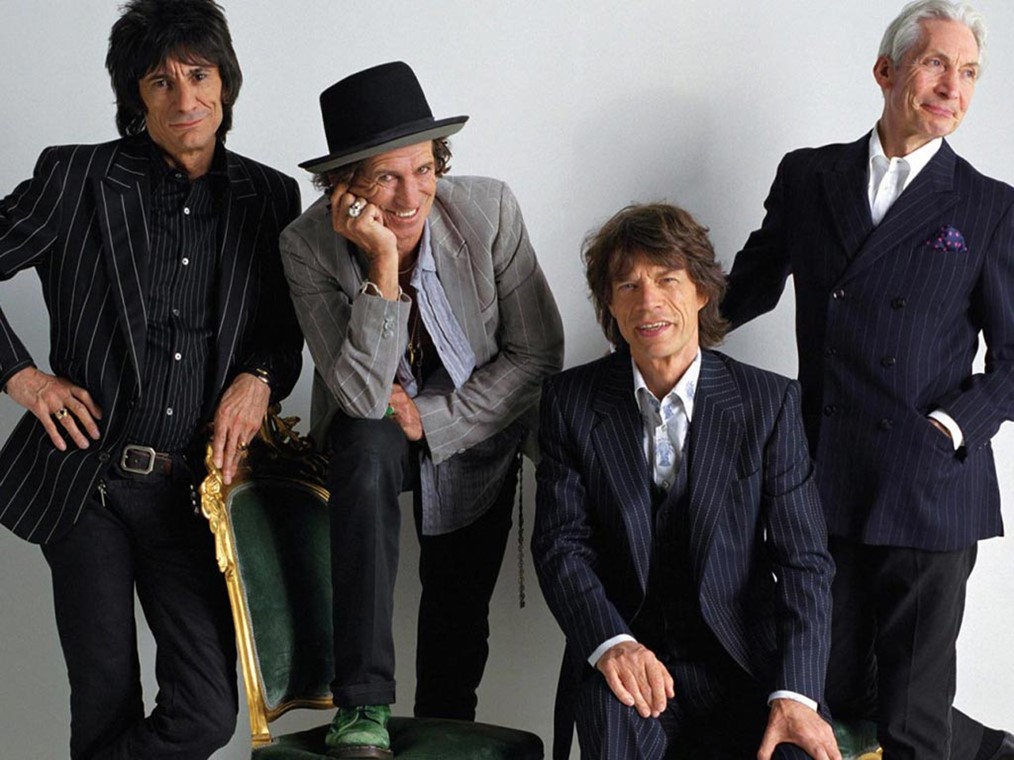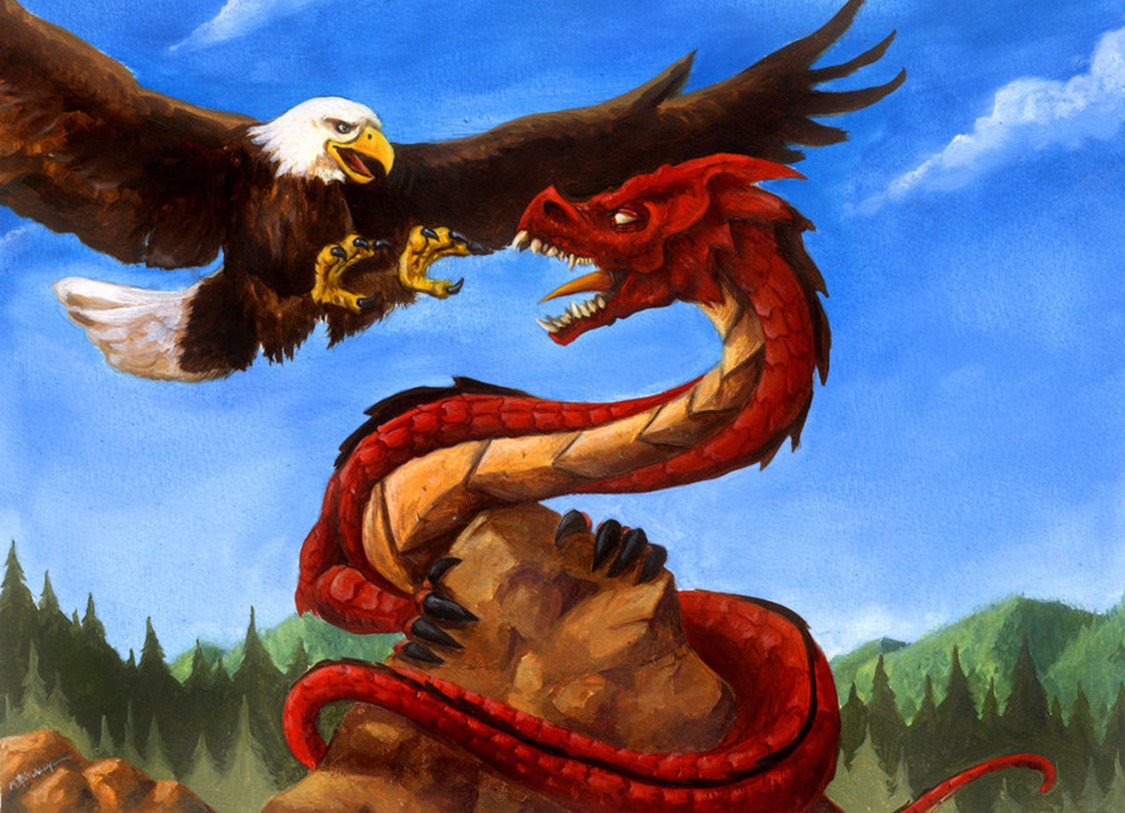The Latest Middle East Conflict: Airports
August 10, 2013 in Daily Bulletin

Nandagopal J. Nair wrote about yet another Middle Eastern conflict – the battle to have the best airport:
- Dubai, Doha, and Abu Dhabi are all about six hours away from two thirds of the world’s population and want to leverage this to become global travel hubs
- Dubai is currently in the lead. This year it became the second busiest airport in the world, and in 2015 it is expected to overtake Heathrow to become the busiest.
- The success of the airport has led to Dubai’s Emirates Airlines becoming the world’s third biggest airline.
- So many people go through the airport that Dubai Duty Free is expected to make $1.8 billion this year.
- But Dubai isn’t resting on its laurels. By 2020 it wants its airport to generate 22% of total employment and 32% of the emirate’s GDP.
- Qatar isn’t just going to take this sitting down though. It is building an airport in Doha which is two-thirds the size of the metropolitan Doha area.
- The airport will also have its own monorail network and a residential district to house the 200,000 employees who will work there.
- Never one to miss out on a good fight, Abu Dhabi is also trying to get in on the action. It is spending $3 billion on an international terminal to be opened in 2017.
- Aviation experts point out that there will soon likely be over-capacity in the region. Travelers are “only” expected to increase by 120 million a year – much less than the capacity that is currently being installed.
The entire article is fascinating and a very good and easy read. You should go through it here.
Source: Quartz

















Join the Discussion! (No Signup Required)